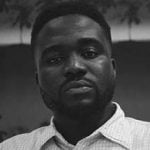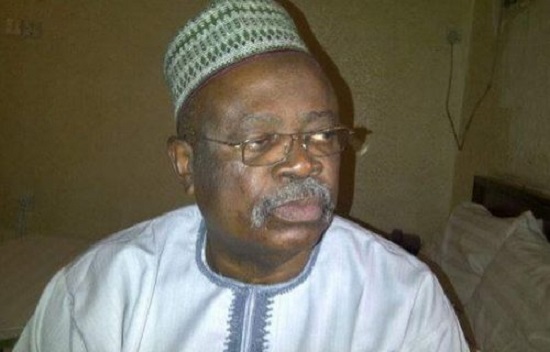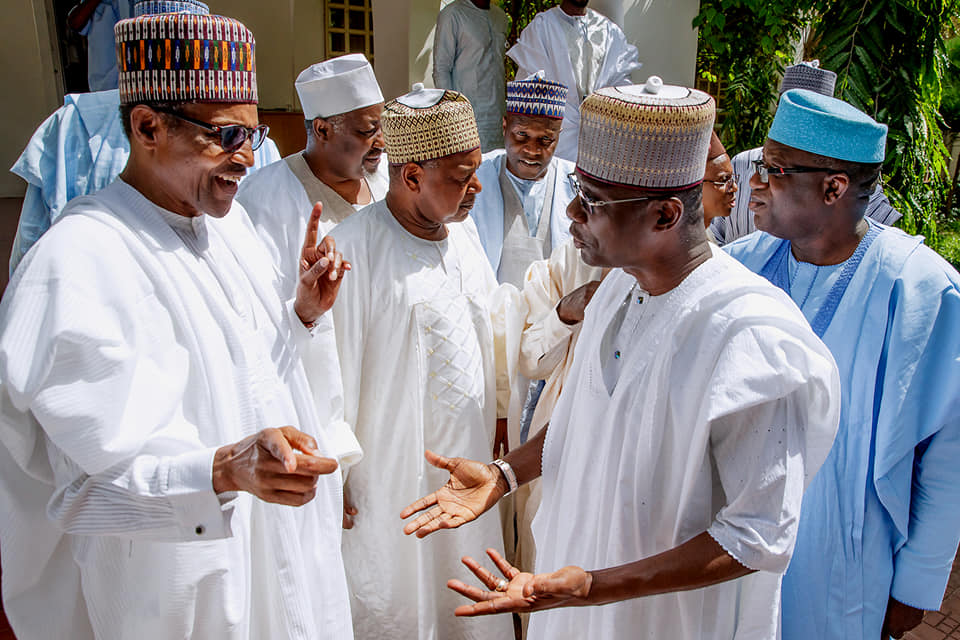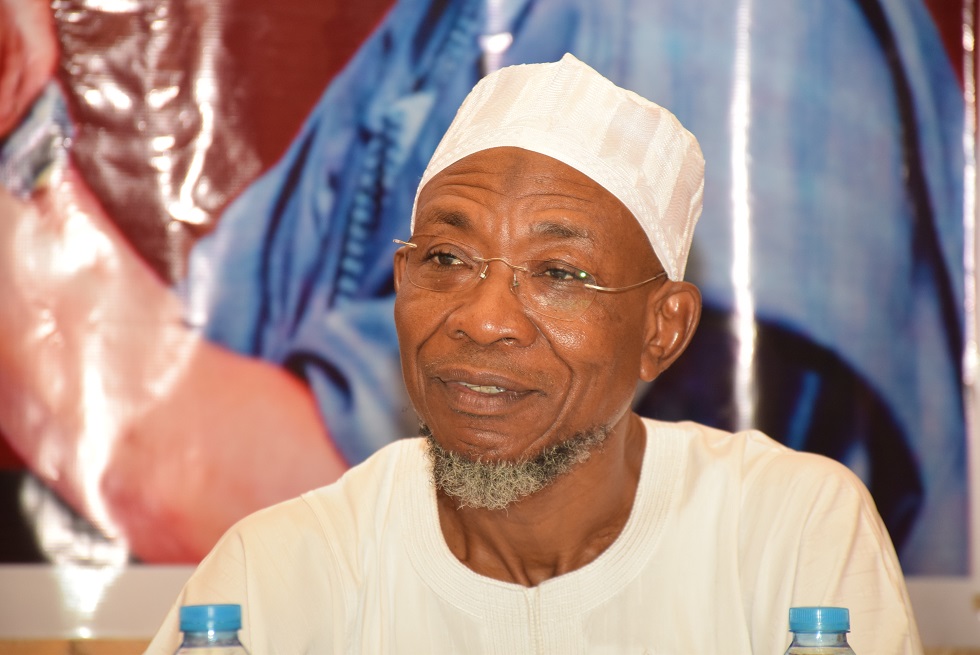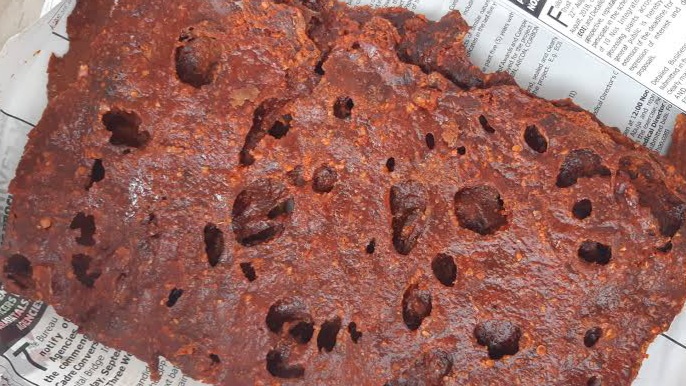Abubakar Tsav, a former commissioner of police of Lagos and Kano states, came into limelight in 1986 when he headed a team of officers tasked to dig into the murder of Dele Giwa, co-founder of the then popular Newswatch. Giwa was killed with a parcel bomb at his residence in Ikeja, Lagos. In a short while, Tsav had already established a case around the murder but needed permission to take on some top government officials he believed were involved in Giwa’s death. He never got that permission, and he wouldn’t stop talking of the experience until his death Monday afternoon.
Although there was a controversy as to which officer investigated the matter when Chris Omeben, a retired deputy inspector-general of police, and a superior to Tsav at the time, also claimed he had investigated the murder and closed in on a prime suspect.
Omeben in his submission, said the investigation was marred by interference from “high places”, but to him, Kayode Soyinka, London correspondent of Newswatch at the time, was the one who killed his boss.
PREVENTED FROM GRILLING IBB’s MEN
Advertisement
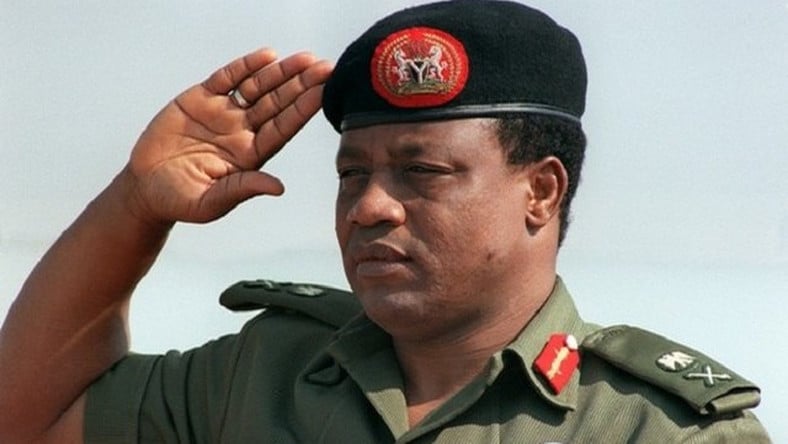
During his probe, among those whom Tsav sought to investigate were two security chiefs: Halilu Akilu, former director in the directorate of military intelligence, DMI, and A.K. Togun, former deputy director of the State Security Service (SSS). These persons were close to Ibrahim Babangida, the then head of state.
But no sooner did he make the recommendation than he was withdrawn from the case. He was dispatched to Benin to take up the investigation of the case of Lawrence Anini, the armed robber terrorising residents of Benin and other towns in the old Bendel state and since then, the police ran into a dead end on the murder of Giwa.
Omeben later explained that Tsav was removed from the case because he was too junior an officer to understand its intricacies.
Advertisement
ATTENDED OPUTA PANEL DESPITE THREATS
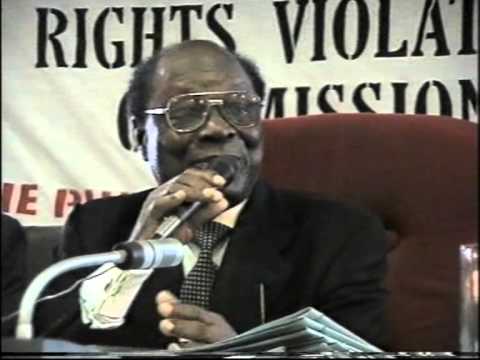
On his own volition and despite the threats, in 2001, Tsav walked into the Oputa Panel, set up by ex-President Olusegun Obasanjo, to look into abuses during the military rule, and recounted how he had requested that those top officials be stripped of their privileges so he could conduct searches in their homes and offices.
In his final report, he concluded that there was enough evidence, circumstantial, however, pointing to some of those officials, and this made him believe Giwa was killed because he was “in the way of some powerful forces.”
CASE FILE ‘DISAPPEARED’
Advertisement
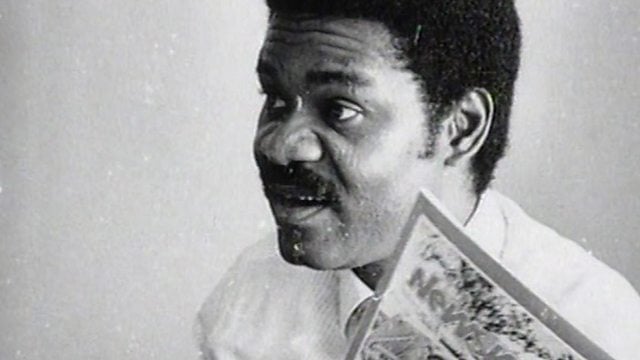
Perhaps what remained a mystery to Tsav was how he never got to see the case file he had submitted from his investigations.
“The case was initially handled by a commissioner of police, now late, then later they gave it to me as the officer in charge of general investigations at the force CID Lagos. I investigated the case thoroughly well, I took statements from Gani Fawehinmi, I took statements from Ita Giwa, I took statements from Soyinka, and I also took statements from Dele Giwa’s son who received the parcel from the man who brought it,” Tsav told Vanguard in an interview in 2015.
“We established a case and then I wrote an interim report to the authorities that I wanted to be given authority, because then we were under military regime, so that I can go and search the offices and residences of the people we suspected. And when the case file went, that was the last I word of it. The case file disappeared into thin air.”
There was another murder case he investigated and after gathering his evidence, the authorities trashed his report.
Advertisement
Venting his frustration, he explained that when an officer tries to investigate a good case, superior will take over and nothing will be heard of the matter again,
“But when you attain the rank of commissioner of police in charge of a state and you are honest, you’ll enjoy doing the job because when an offence is committed you ensure that it is treated accordingly in line with the dictates of the law,” he had said.
Advertisement
“But as a junior officer you might be handling a case believing that you are doing a good work, doing the case very well, a senior officer will come and take it from you and you’ll not hear anything about the matter again. I suffered and had lots of such cases.”
MILITARY DESTROYED THE POLICE
Advertisement
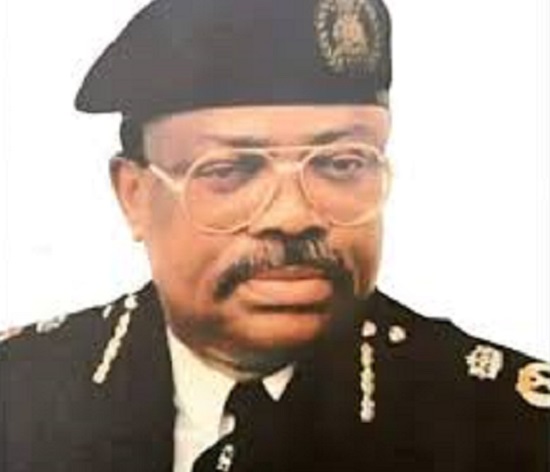
Some of the government officials Tsav was not permitted to investigate over Giwa’s murder were military officers who worked under Babaginda and it appeared Tsav was yet to get over the matter.
In an interview with The Sun in 2019, he said the military destroyed the police just after the 1966 coup.
Advertisement
“Soldiers now commit crime, and behave as if they are above arrest, whereas soldiers are supposed to be subject to civil authority. In 1962 when I joined the police as a sub-cadet inspector, the police had power to arrest any erring military officer who ran foul of the law, and charge such offending soldiers to court but everything changed in 1966 when the military staged a coup that toppled the civilian government,” he said.
“After the coup, the military destroyed the police, and from then became law unto themselves. But something has to be done about this abnormal situation. In those days when Nigerian military officers were being sent for training at Sandhurst, and Aldershot in England, there was discipline but things drastically changed when they started receiving training in military schools in Nigeria.”
Tsav also raised concern over the seeming rivalry between the military and the police in Nigeria, and to him, this was a threat that should be addressed.
GIVE POLICE ALL THEY WANT, THEY WILL STILL NOT PERFORM
Having risen through the ranks in the police, Tsav believed that the problem with the police is not underfunding, but of dedicated minds on the job. You don’t have to provide everything required for a policeman to work, he argued in a 2012 interview.
He narrated how a divisional police officer received N250,000 monthly to fuel patrol vehicles, but diverted the money for his personal use for a year until he was caught.
“The police are the ones causing problems for themselves. I have evidence to prove all I have said, they are not hearsay. But when you talk to the police authorities, some of them would say you have played your own time. Our problem in this country is the Nigerian police force, it is not the government. If you like, give the police the Central Bank, give the police a general assembly plant, give them all the communication outfits, they will still not perform,” he had said.
BUHARI IS THE BEST TO LEAD NIGERIA
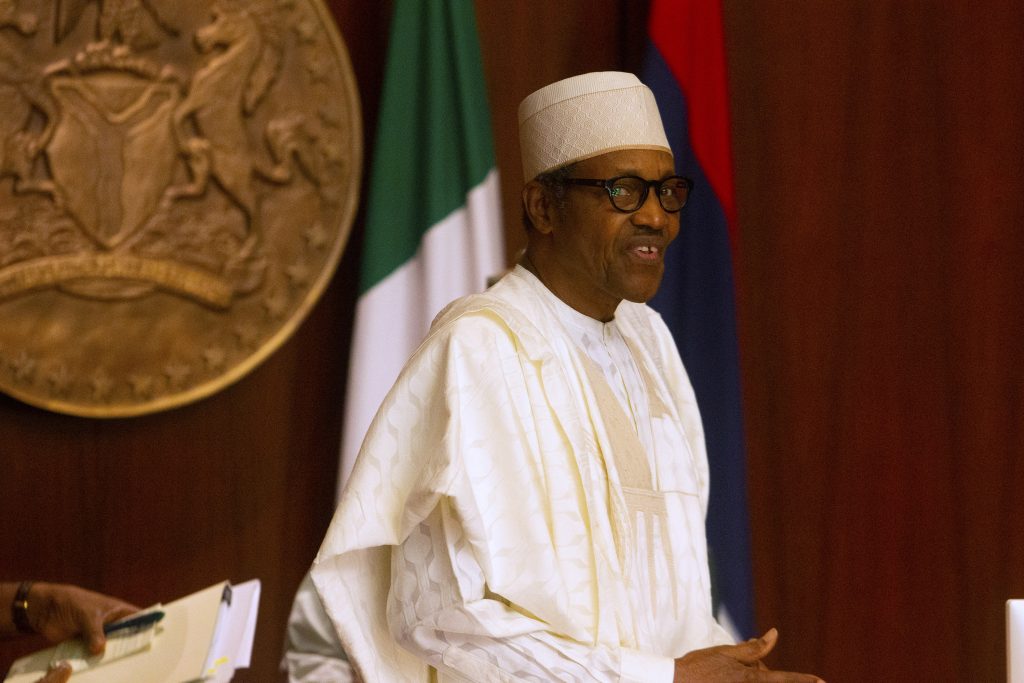
President Muhammadu Buhari sure had a supporter in Tsav. On different occasions, the elder statesman had defended Buhari’s policies, especially those that affect the country’s security.
Tsav believed Buhari is not only doing his best, but also knows what Nigerian problems are, and he would describe the president as incorruptible.
“Buhari is the best person to lead Nigeria now. He is incorruptible, and his war against corruption has been exposing looters,” he said.
For Tsav, as good as Buhari is, the only problem he has is that “he is too slow, and some of his aides are corrupt.”
Buhari’s reelection in 2019 he described as a “gift.”
Tsav who hailed from Benue state joined the police in 1962, worked across police formations in the country, and later served as police commissioner in Lagos and Kano states.
Years after retirement from the force, he was appointed federal commissioner of the Public Complaint Commission in Benue state by Buhari in 2015.
He was a man who spoke his mind and as such opened his doors to reporters. Two years ago when asked to comment on what he wanted to be remembered for, he said: “I should be remembered as someone who speaks the truth because truth is associated with godliness; a man that tried to speak the truth and damned the consequences. That’s all.”
Tsav, who is survived by a wife and six children may not have been perfect but history would remember him as a man, who in the words of Uthman Danfodio, saw conscience as an open wound which truth could heal.
